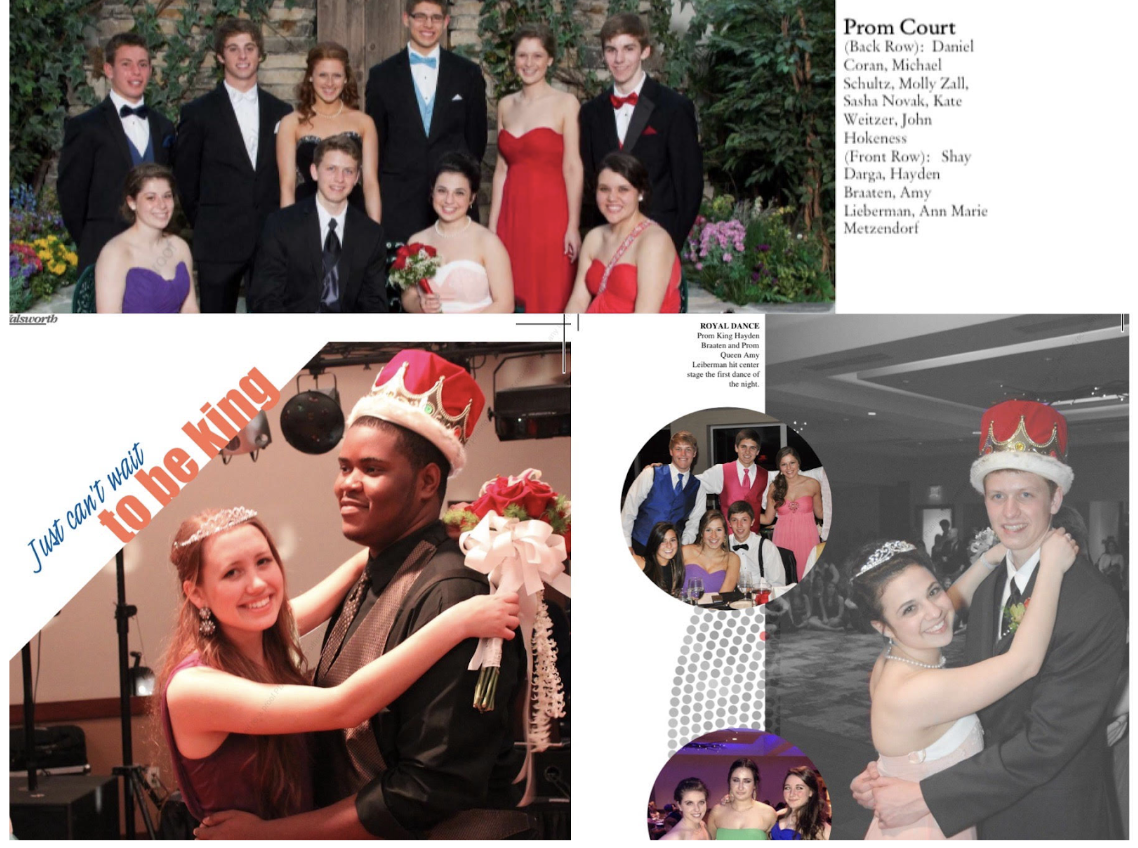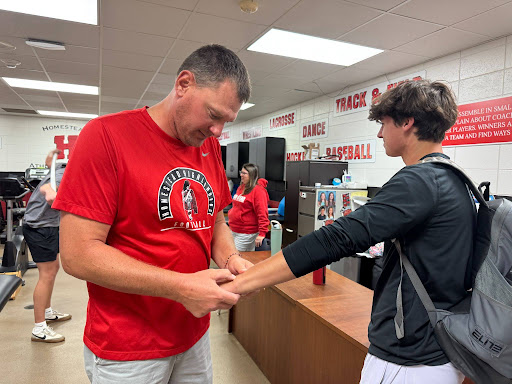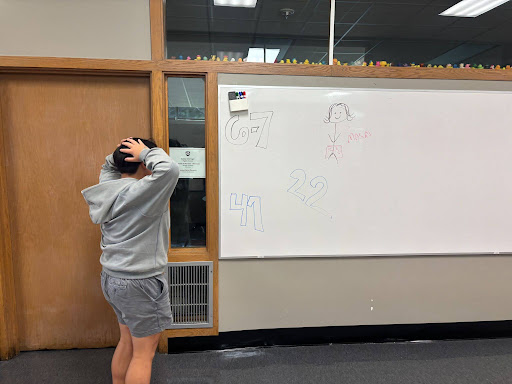The year is 2018 and 1,000 Homestead students sit at their desks, knees anxiously jolting up and down desperate to hear the intercom announce a list of names they had voted on in the previous weeks. Ballots were carefully tallied and fact checked to ensure the announcement was accurate.
Hearts sunk and while others sang as the list was recited. Emotions flooded the halls as students began to digest the news. Prom court was on the forefront of everyone’s mind and with the recent announcement of the court only amplified people’s thoughts.
Homecoming and Prom court was abandoned, however, after 2018. The courts had been a tradition that dated back to the 1960s. However, demand for the court to be brought back seems limited.
“No one has brought it up over my five years being in the (principal) role. (Those decisions) happened prior to my time as principal,” Principal Eric Ebert
Dawn Pfaff, science teacher and student council advisor, explained how she was involved in the court process.“When we did court, the advisers organized the homeroom, secured ballets and tabulated results with the student chair.”
Pfaff also stated that the reason for leaving the court behind is because “Student interest in being a part of court dwindled, and we did not see many students on the ballots. When students were chosen, they did not want to have to miss out on walking in the parade with their teams, clubs and activities and it became a burden for kids.”
Pfaff added, “The traditional ‘king and queen’ roles were also really dated and many of our students did not want to be on court with someone they do not know, have to dance together and sit in a car together… We tried to do a Highlander Royalty where lots of students were voted on as representatives and students still did not want to do it. We felt that it was not really needed in our school as part of Homecoming and Prom.”
The tradition’s absence has not made a dent in ticket sales and they have increased over the past years.
The court tradition returning in the future is not completely out of the picture.
Pfaff stated, “There is no rule against court. We would need to make sure that students really wanted this tradition back and that we honor the changes in attitudes towards this commitment. We would want to honor our current culture with more informal dances. We would also need to discuss this with the administration and student council.”
However, the courts are in the hands of the students. Interest is a key aspect of bringing them back. Not everyone sees benefit in the courts.
Ebert elaborated, “Homestead is a place of inclusivity and courts can sometimes lead to division of people. I do not see a need to bring back something that has been gone for so long that there is not a demand for it.”
This year’s Student Council president Ameila Horwitz is in agreement. “I do not think that these events would benefit a court as it could cause possible exclusion for students and would be difficult to plan.”








